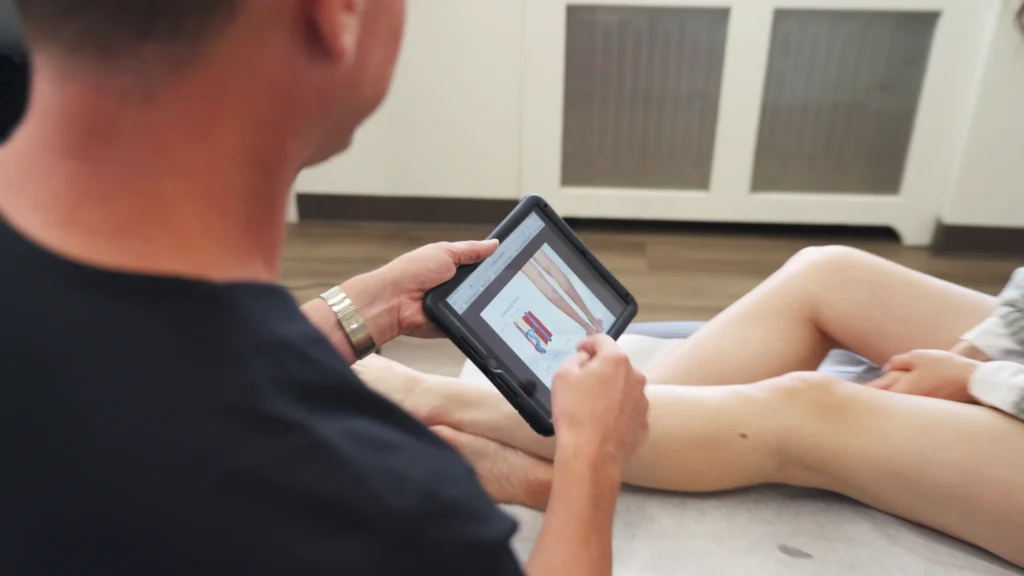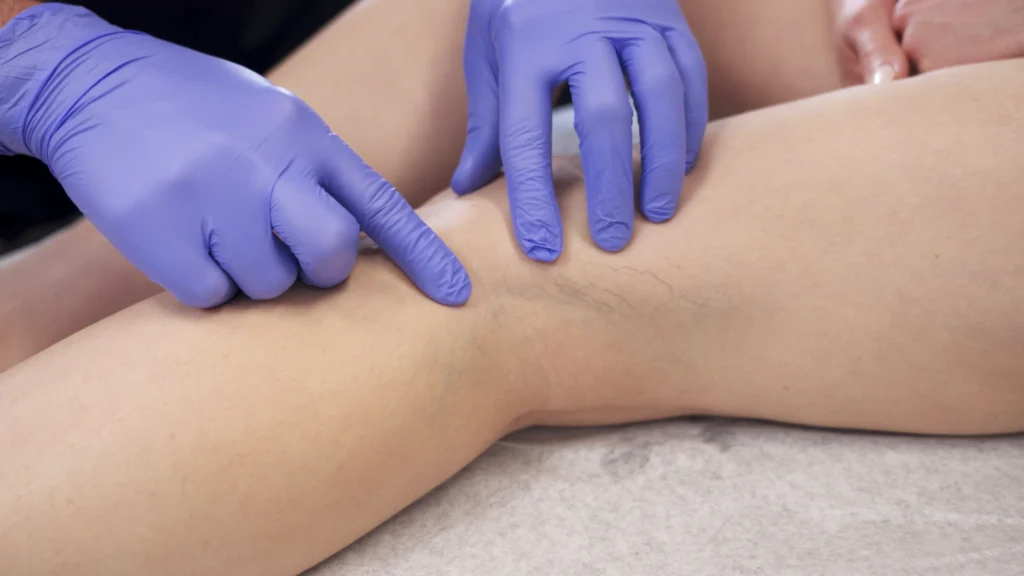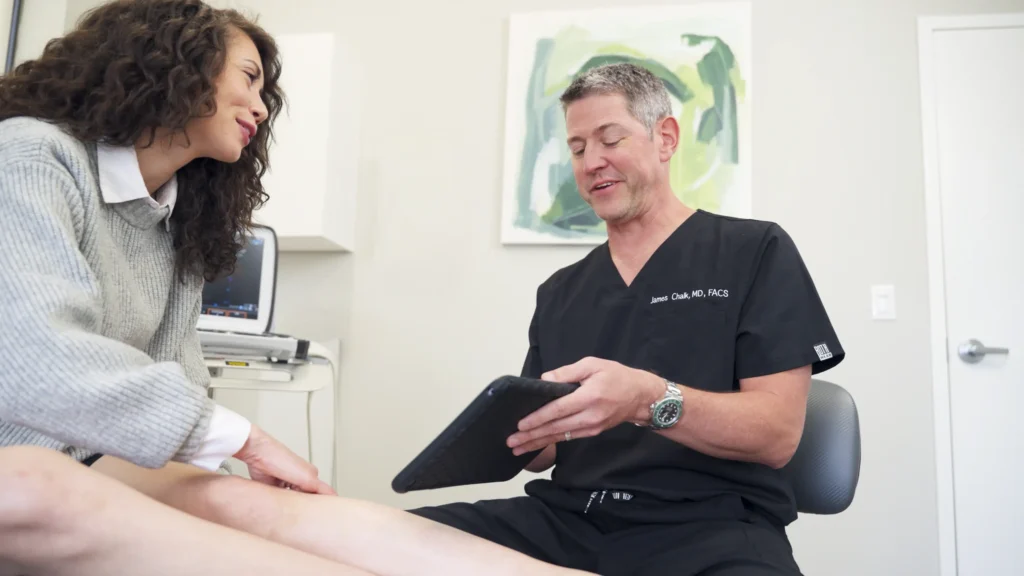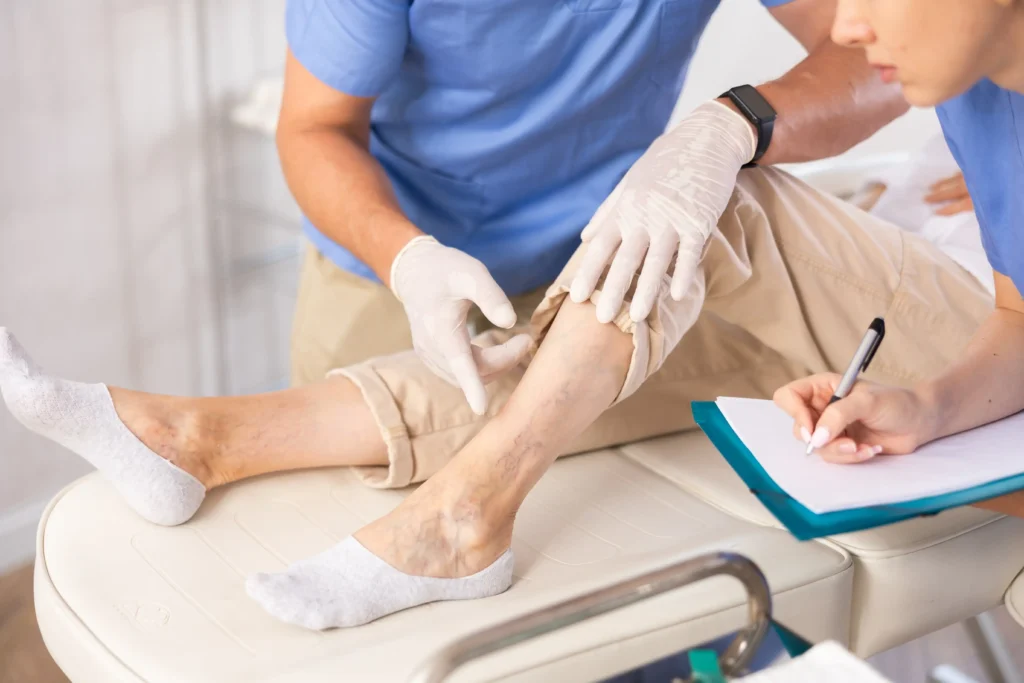Pros And Cons Of Using An Apple Watch For Vein Health
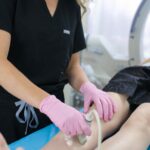
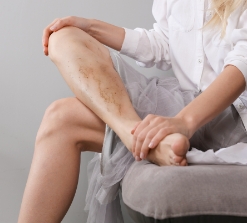
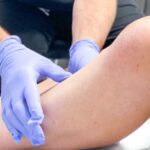
Potential Benefits of the Apple Watch for Vein Health
The Apple Watch offers a range of features that might indirectly promote vein health, primarily through encouraging movement and tracking overall wellness.
Activity Tracking
One of the primary benefits of the Apple Watch is its ability to track physical activity. It records steps, monitors workouts, and sends reminders to stand up and move if you’ve been sedentary for too long. Regular physical activity is crucial for maintaining healthy veins as it helps improve circulation and prevents blood from pooling in the legs, which can lead to varicose veins. For individuals with a sedentary lifestyle, the Apple Watch can serve as a motivational tool, encouraging more frequent movement throughout the day. This increase in activity can enhance blood flow and potentially reduce the risk of developing vein-related issues.
Sleep Monitoring
While the connection between sleep and vein health is less direct, the Apple Watch’s sleep monitoring feature can still be beneficial. Good sleep is essential for overall health, including cardiovascular health, which is closely linked to vein health. Poor sleep can negatively affect circulation, leading to increased pressure on the veins. The Apple Watch can help users identify sleep patterns that need improvement. Promoting better sleep hygiene and getting adequate rest can indirectly support healthier circulation.
Heart Health Monitoring
The Apple Watch includes features like heart rate monitoring and the ability to perform an ECG (electrocardiogram). While these features are primarily aimed at detecting heart-related issues, good heart health is intrinsically linked to vein health. By keeping tabs on heart health, users can gain insights into their overall cardiovascular condition, which may help them take proactive steps in maintaining healthy veins.
Encouraging a Healthy Lifestyle
Overall, the Apple Watch promotes a healthier lifestyle through various wellness features, including mindfulness apps, breathing exercises, and dietary tracking. A balanced diet, regular exercise, and stress management are all essential components of maintaining vein health. While the Apple Watch itself may not directly treat vein issues, it supports habits that contribute to overall vascular health.
Apple Watch Limitations and Vein Health
Despite the many benefits the Apple Watch offers for general health and wellness, it is important to understand its limitations, particularly concerning vein health.
Not a Medical Device
First, the Apple Watch is not a medical device. It cannot diagnose or treat vein problems such as varicose veins or spider veins. These conditions often require specialized medical attention, and relying solely on a wearable device for management or treatment can be misguided.
Misconceptions About Varicose and Spider Veins
There is a common misconception that tools like the Apple Watch can directly improve conditions like varicose or spider veins. However, these issues typically stem from underlying venous insufficiency, which requires a comprehensive approach to treatment, including lifestyle changes, medical interventions, and sometimes minimally invasive procedures. The Apple Watch can encourage healthier habits that reduce the risk of developing vein problems, but it should not be viewed as a cure or primary solution for existing vein conditions.
Alternative Solutions for Vein Health
For those seeking to improve their vein health, there are several traditional methods and treatments available that are more effective than relying on wearable technology alone.
Compression Stockings
Compression stockings are a well-established method for managing vein health. They help improve circulation by providing graduated pressure on the legs, which can prevent blood from pooling and reduce swelling. However, it’s crucial to consult a vein doctor to ensure proper use and to determine the appropriate type and compression level for your needs.
Maintaining a Healthy Weight
Excess weight puts additional pressure on the veins, especially in the legs. Maintaining a healthy weight through a balanced diet and regular exercise can significantly reduce the risk of developing varicose veins and other vein-related issues.
Regular Exercise
Exercise is one of the best ways to promote healthy circulation. Activities such as walking, swimming, and cycling are particularly beneficial for vein health. Regular exercise helps strengthen the calf muscles, which play a crucial role in pumping blood back to the heart.
Minimally Invasive Treatments
For those already experiencing vein problems, minimally invasive treatments offered by vein specialists can provide effective solutions. Procedures such as sclerotherapy, endovenous laser therapy (EVLT), radiofrequency ablation, VenaSeal, and foam sclerotherapy treat varicose and spider veins with minimal discomfort and downtime. These treatments are often performed in an outpatient setting and offer quick recovery.
You can expect the following during minimally invasive vein treatments:
- Sclerotherapy: During sclerotherapy, a vein specialist injects a solution directly into the affected veins. This solution causes the veins to scar and collapse, eventually rerouting the blood through healthier veins. Over time, the treated veins fade and become less visible. This procedure is typically used for smaller varicose veins and spider veins.
- Endovenous Laser Therapy (EVLT): EVLT is a procedure in which a small laser fiber is inserted into the affected vein through a catheter. The laser delivers targeted energy, causing the vein to collapse and seal shut, redirecting blood flow to healthier veins. EVLT is performed under local anesthesia and involves minimal downtime.
- Radiofrequency Ablation: Similar to EVLT, radiofrequency ablation uses heat to close off problematic veins. A catheter is inserted into the vein, and radiofrequency energy is applied to the vein walls, causing them to heat up, collapse, and seal shut. This procedure is performed under local anesthesia and is effective in treating larger varicose veins.
- VenaSeal: VenaSeal is a newer treatment option that uses medical adhesive to close varicose veins. During the procedure, a vein specialist uses a catheter to deliver a specially formulated adhesive into the affected vein, sealing it shut. This procedure does not require heat or anesthesia, making it a comfortable option with a quick recovery time.
- Foam Sclerotherapy: Foam sclerotherapy is a variation of traditional sclerotherapy where a foam solution is injected into the veins instead of a liquid. The foam solution is more effective for treating larger veins because it covers a greater surface area. The foam displaces blood within the vein, allowing the sclerosing agent to adhere to the vein walls, causing them to collapse and close. This procedure is minimally invasive and involves little discomfort.
Consulting a Vein Specialist
While wearable technology can support a healthier lifestyle, consulting a vein specialist is essential for addressing any concerns about vein health. Vein specialists are trained to diagnose and treat a wide range of vein conditions using state-of-the-art technology.
Expertise in Diagnosing and Treating Vein Issues
Vein specialists have extensive knowledge and expertise in managing vein health. They can provide accurate diagnoses using tools like duplex ultrasound, which allows for detailed imaging of the veins. This helps in identifying the underlying causes of vein problems.
Personalized Treatment Plans
Every patient is unique, and vein specialists can develop treatment plans tailored to individual needs. Whether it’s lifestyle recommendations, compression stockings, or minimally invasive procedures, a vein specialist can offer comprehensive care to improve vein health.
Importance of Professional Guidance
Professional guidance is crucial for managing vein health effectively. A vein specialist can monitor progress, adjust treatments as necessary, and provide ongoing support to ensure optimal outcomes. Relying on professional medical advice rather than self-diagnosis or over-the-counter remedies ensures that vein conditions are managed safely and effectively.
Consult Our Vein Doctors to Manage Vein Health
The Apple Watch can be a valuable tool for promoting a healthier lifestyle. Its activity tracking, sleep monitoring, and heart health features indirectly support overall wellness, which can positively impact circulation and general vein health. However, it’s important to recognize that the Apple Watch is not a medical device and cannot diagnose or treat vein conditions.
For individuals seeking to improve their vein health, traditional methods like compression stockings, maintaining a healthy weight, and regular exercise are more effective. Moreover, consulting a vein specialist is essential for accurate diagnosis and personalized treatment plans. Vein specialists offer the minimally invasive treatments needed to address vein issues. If you have concerns about your vein health, we encourage you to schedule a consultation with our experienced vein specialists to discuss the most appropriate solutions for your needs.




